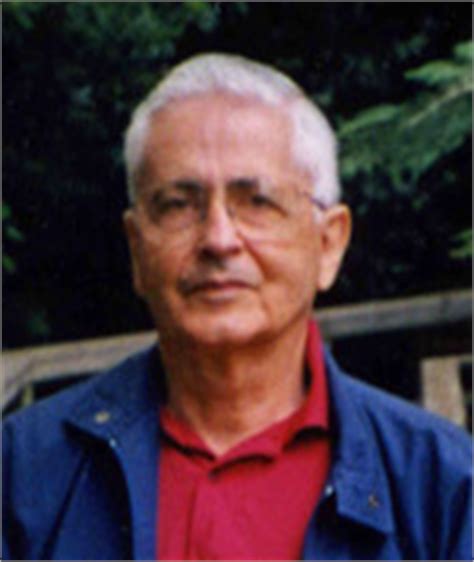A Quote by Yann Martel
If Christ spent an anguished night in prayer, if He burst out from the Cross, "My God, my God, why have you forsaken me?" then surely we are also permitted doubt. But we must move on. To choose doubt as a philosophy of life is akin to choosing immobility as a means of transportation.
Related Quotes
On the Cross the Jesus of the Four Gospels, who was God, cried out My God, my God, why hast thou forsaken me? God cannot forsake himself, Jesus was God himself. Yet God forsook Jesus, and the latter cried out to know why he was forsaken. Any able divine will explain that of course he knew, and that he was not forsaken. The explanation renders it difficult to believe the dying cry, and the passage becomes one of the mysteries of the holy Christian religion, which, unless a man rightly believe, without doubt he shall perish everlastingly.
Have enough faith in the love of God to believe that a short heartfelt prayer is just as good as a long one. Too long a session of prayer usually means that in your heart you really doubt the love of God, and think that a great deal of effort and toil will be necessary to move Him. Pray quietly and sincerely for a reasonable time-and then leave the matter, expecting success.
If prayer stands as the place where God and human beings meet, then I must learn about prayer. Most of my struggles in the Christian life circle around the same two themes: why God doesn't act the way we want God to, and why I don't act the way God wants me to. Prayer is the precise point where those themes converge.
There are many different kinds of doubt. When we doubt the future, we call it worry. When doubt other people we call is suspicion. When we doubt ourselves we call it inferiority. When we doubt God we call it unbelief. When we doubt what we hear on television we call it intelligence! When we doubt everything we call it cynicism or skepticism.
God was on the move; God is on the move; and God will always be on the move. Those who walk with God and listen to God are also on the move. Reading the Bible so we can live it out today means being on the move—always. Anyone who stops and wants to turn a particular moment into a monument, as the disciples did when Jesus was transfigured before them, will soon be wondering where God has gone.
Men point to the sad incidents of human life on earth, and they ask "Where is the love of God?" God points to that Cross as the unreserved manifestation of love so inconceivably infinite as to answer every challenge and silence all doubt for ever. And that Cross is not merely the public proof of what God has accomplished; it is the earnest of all that He has promised.
...a human being not only can choose but... he must choose... for in this way God retains His honor while at the same time has a fatherly concern for humankind. Though God has lowered Himself to being that which can be chosen, yet each person must on his part choose. God is not mocked. Therefore the matter stands thus: If a person avoids choosing, this is the same as the presumption of choosing the world.
The gospel is saying that, what man cannot do in order to be accepted with God, this God Himself has done for us in the person of Jesus Christ. To be acceptable to God we must present to God a life of perfect and unceasing obedience to his will. The gospel declares that Jesus has done this for us. For God to be righteous he must deal with our sin. This also he has done for us in Jesus. The holy law of God was lived out perfectly for us by Christ, and its penalty was paid perfectly for us by Christ. The living and dying of Christ for us, and this alone is the basis of our acceptance with God


































